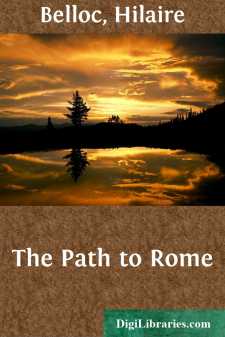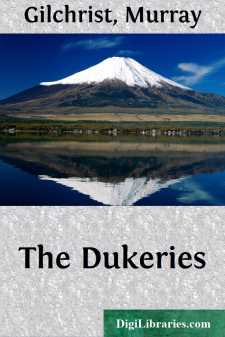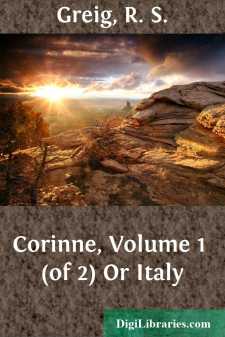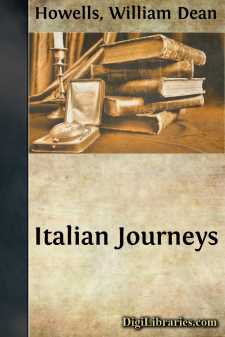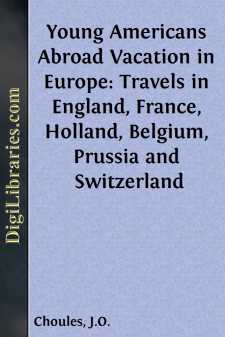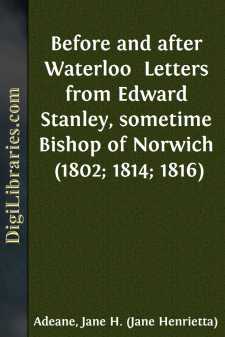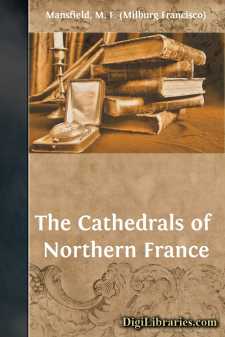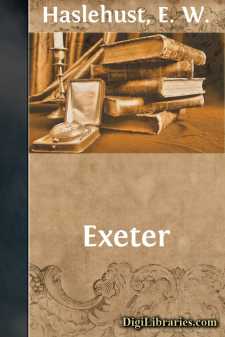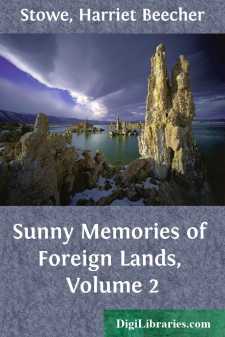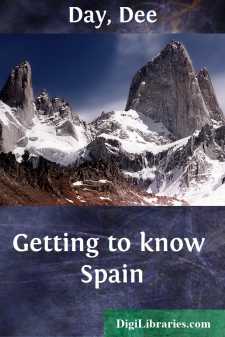Travel
- Africa 29
- Alaska 3
- Asia 46
- Australia & Oceania 26
- Canada 31
- Caribbean & West Indies 5
- Central America 1
- Europe
- General 39
- Maps & Road Atlases 1
- Mexico 10
- Middle East 18
- Polar Regions 7
- Reference 11
- Restaurants 1
- Russia 6
- South America 16
- United States 71
Europe Books
Sort by:
by:
Hilaire Belloc
PRAISE OF THIS BOOK To every honest reader that may purchase, hire, or receive this book, and to the reviewers also (to whom it is of triple profit), greeting--and whatever else can be had for nothing. If you should ask how this book came to be written, it was in this way. One day as I was wandering over the world I came upon the valley where I was born, and stopping there a moment to speak with them...
more...
by:
Murray Gilchrist
WORKSOP AND THE MANOR Although within the last twenty-five years Worksop has suffered many changes, unfortunate enough from an æsthetic point of view, the Dukeries end of the principal street still suggests the comfortable market town in the neighbourhood of folk of quality. The only relic of notable antiquity is the quaint inn, known as the Old Ship—a building with projecting upper story and carved...
more...
by:
R. S. Greig
Oswald, Lord Nelville, Peer of Scotland, quitted Edinburgh for Italy during the winter of 1794-5. He possessed a noble and handsome figure, an abundance of wit, an illustrious name, and an independent fortune, but his health was impaired by deeply-rooted sorrow, and his physicians, fearing that his lungs were attacked, had prescribed him the air of the South. Though indifferent as to the preservation...
more...
THE ROAD TO ROME FROM VENICE. I. LEAVING VENICE. We did not know, when we started from home in Venice, on the 8th of November, 1864, that we had taken the longest road to Rome. We thought that of all the proverbial paths to the Eternal City that leading to Padua, and thence through Ferrara and Bologna to Florence, and so down the sea-shore from Leghorn to Civita Vecchia, was the best, the briefest, and...
more...
by:
J.O. Choules
Letter 1. Astor House, New York, April 1, 1851. Dear Charley:— I have just arrived at this place, and have found my companions on hand, all ready for the commencement of the long-anticipated voyage. We regret the circumstances which render it your duty to remain, and we all feel very sorry for the disappointment of your wishes and our hopes. You will, however, feel happy in the thought that you are...
more...
BIOGRAPHICAL SKETCH OF EDWARD STANLEY THE letters which are collected in this volume were written from abroad during the opening years of the nineteenth century, at three different periods: after the Peace of Amiens in 1802 and 1803, after the Peace of Paris in 1814, and in the year following Waterloo, June, 1816. The writer, Edward Stanley, was for thirty-three years an active country clergyman, and...
more...
APOLOGIA "There are two ways of writing a book of travel: to recount the journey itself or the results of it." This is also the case with regard to any work which attempts to purvey topographical or historical information of a nature which is only to be gathered upon the spot; and, when an additional side-light is shown by reason of the inclusion, as in the present instance, of the artistic and...
more...
by:
E. W. Haslehust
THE CITY Just as the five cities of Colchester, Lincoln, York, Gloucester, and St. Albans, stand on the sites and in some fragmentary measure bear the names of five Roman municipalities, so Isca Dumnoniorum, now Exeter, appears to have been a cantonal capital developed out of one of the great market centres of the Celtic tribes, and as such it was the most westerly of the larger Romano-British towns....
more...
LETTER XIX. May 19. Dear E.:— This letter I consecrate to you, because I know that the persons and things to be introduced into it will most particularly be appreciated by you. In your evening reading circles, Macaulay, Sidney Smith, and Milman have long been such familiar names that you will be glad to go with me over all the scenes of my morning breakfast at Sir Charles Trevelyan's yesterday....
more...
by:
Dee Day
You probably know that it was a Queen of Spain, Isabella, who made it possible for America to be discovered in 1492. It was an Italian sailor, Christopher Columbus, who first had the strange new idea that he could sail westward from Spain in order to reach the Far East. He came to Spain to tell people about his idea, and everybody he met thought he was crazy because they knew, or thought they knew,...
more...


